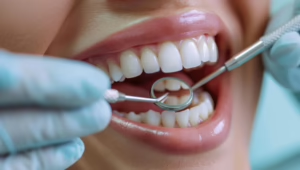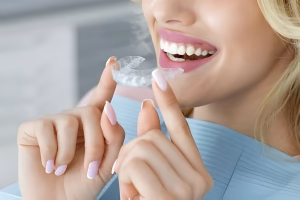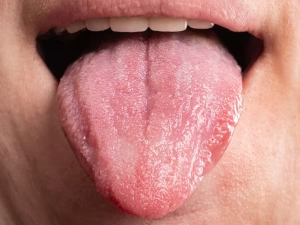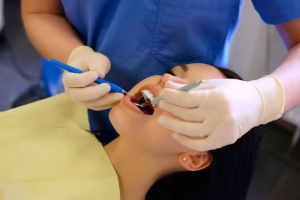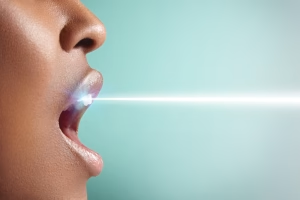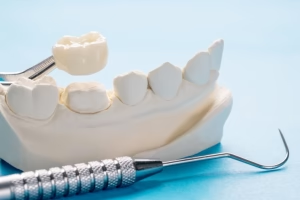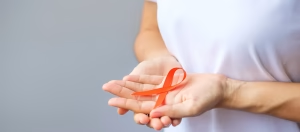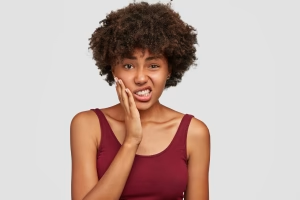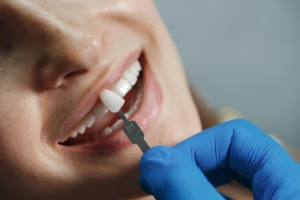Is Over-Brushing Your Teeth Bad?
20 November 2022 | Updated: 5 November 2025

Maintaining good oral hygiene means brushing your teeth twice a day and flossing regularly. But if you’re diligent about your dental care, you may have wondered: is it possible to brush too much?
According to dental experts, the answer is yes. Overbrushing can actually cause damage to your teeth and gums over time.
If you think you might be overdoing it, this article will explain the risks of overbrushing, what signs to look out for, and how to keep your smile healthy without harming your enamel.
Consequences of Over-Brushing Your Teeth
Maintaining good oral practices is essential for keeping your teeth healthy, however, if you aren’t brushing correctly you can damage your teeth and gums. So the point is, it’s not so much of a problem with how frequently you brush your teeth, but if you are doing it incorrectly.
Brushing your teeth too aggressively can cause dental problems like gum recession, dental abrasion, and tooth sensitivity.
Gum recession
If you are brushing too hard over long periods, it can cause your gums to recede. That means that the gum tissue starts pulling away from the teeth, leaving the roots exposed. The cementum that covers the roots is softer and is more vulnerable to being damaged. If the cementum gets worn out or damaged it can lead to pain and sensitivity and increases the chance of decay and infections.
Dental abrasion
Dental abrasion refers to the wear of tooth enamel and dentin, which can be caused by brushing and flossing too vigorously, or by chewing hard foods. Also brushing with hard-bristled toothbrushes and toothpaste with abrasive particles can accelerate the wear. Abrasion manifests itself as shiny yellow or brown spots near the gum line. If left untreated for too long, abrasion can cause tooth decay, gum recession, and even tooth loss.
Tooth Sensitivity
Tooth sensitivity is a common occurrence when you use your toothbrush too hard. The tooth enamel gets worn out due to abrasion, exposing the underlying dentin. Dentin contains small tubules that lead to nerve endings in your teeth, and when exposed can cause pain and discomfort.
Treatments to Protect Teeth in Case of Over-Brushing
If left unchecked, the damages done by over-brushing, like dental abrasion and gum recession, can lead to serious issues like tooth decay and tooth loss. If that is the case you should consult your dentist on what treatment is needed to address the issue.
Fluoride varnish can be used as a treatment to strengthen the teeth’ surface, as well as fill the abraded area or put a veneer over the exposed surface of the tooth. If your gums are affected by over-brushing and have started to recede, if the condition is too severe, the gums might never recover. In this case, you might need gum grafting surgery to replace the missing tissue.
Proper Brushing Technique
Even though over-brushing can cause serious problems, they can quite easily be prevented, by adopting new routines and following some simple rules when brushing your teeth. Here is a list of some practices that will prevent unnecessary complications.
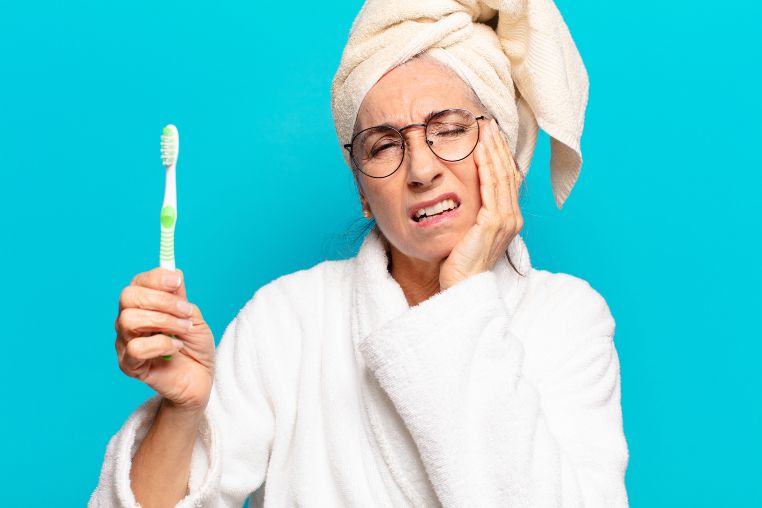
Switch to a soft bristle toothbrush
Unlike a brush with hard bristles, it is softer on the teeth, and you won’t have to fear wearing down enamel and damaging your gums if you brush a little harder. If you are using an electric toothbrush, follow these rules to prevent damage to your teeth.
Pay attention to the toothpaste you use
Make sure that your toothpaste isn’t abrasive, and switch to fluoride toothpaste which strengthens the tooth enamel.
Brush properly
Using a proper technique is probably the most important thing to prevent damage to your teeth. When brushing, brush downwards from the gums, since doing the opposite can cause food to get stuck beneath the gums, and cause your gums to recede.
Get rid of bad habits
There are other ways to wear down your teeth other than over-brushing. Biting your fingernails, opening bottle caps with your teeth, or holding nails in your teeth can also cause abrasion or you could end up with broken teeth. Getting rid of those habits will eliminate the unnecessary risk of damaging your teeth.
Prevent and Treat Overbrushing with Expert Care
Overbrushing is more common than most people realise, but the good news is, its effects can be treated and even reversed with the right care.
If you’ve noticed signs of tooth wear, sensitivity, or receding gums, don’t wait for the problem to worsen. Schedule a visit with your dentist to protect your enamel and restore your smile’s health.
At MGA Dental clinic, our experienced team provides comprehensive dental check-ups and personalised oral care advice to help you maintain strong, healthy teeth for life. Book your appointment today and learn how to brush smarter, not harder.


